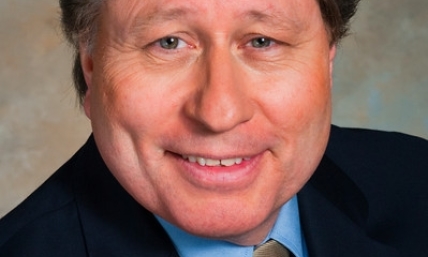Sheriff needed for Silicon Valley’s Wild West censorship?
Aren’t these private companies? Absolutely. And aren’t they entitled to decide their own rules and censor anyone they wish? Not necessarily, for two reasons.
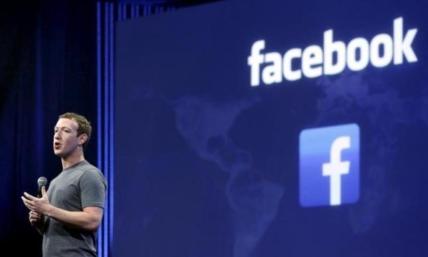
Aren’t these private companies? Absolutely. And aren’t they entitled to decide their own rules and censor anyone they wish? Not necessarily, for two reasons.

I've noticed a major blunder in the Woodward book about President Trump, just released. Will there be more to come?
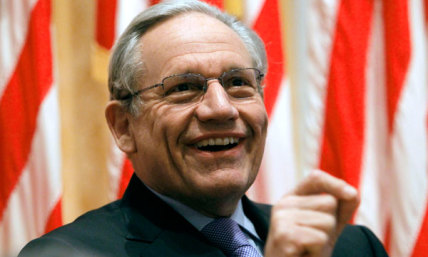
After a year of furious activity, Special Counsel Robert Mueller's investigation may be hitting the end of its tether. This is not to impugn the integrity of Mr. Mueller or the small army of lawyers under him. Rather, this is merely to recognize the reality that politically charged criminal investigations like this one have an unfortunate habit of exceeding their lawful reach and developing a deadly form of mission creep.
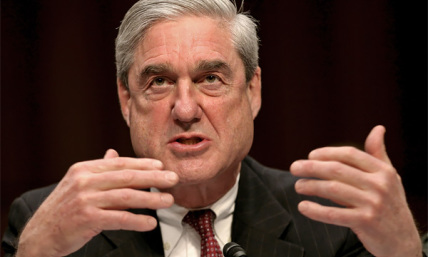
The posture of the technology sector, refusing to cooperate with the FBI and law enforcement regarding the opening of locked and encrypted cell phones used by evildoers, is not just callous, it is harmful.
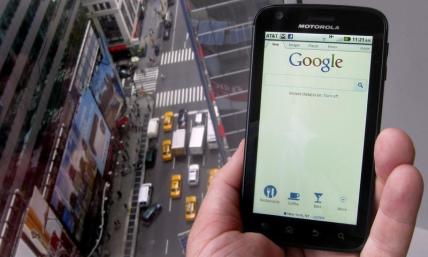
Judges, like most of us, prefer to resolve matters on the basis of simple issues rather than complex ones. Part of that is due to the need for judicial economy.
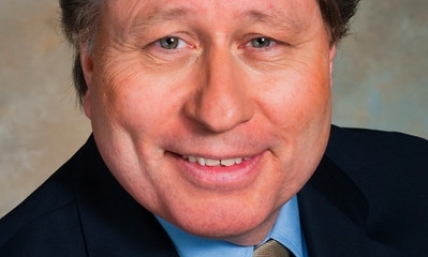
Recently, 12 members of the House of Representatives signed on to H.R. 3878, a bill that would launch an investigation into any "role" that might be played by radio, television, and the Internet to supposedly "encourage" the commission of hate crimes.

This term, the U.S. Supreme Court will be considering a religious liberty case so historic that the central issue winds like a distant road all the way back to a question raised 369 years ago: is government above God?
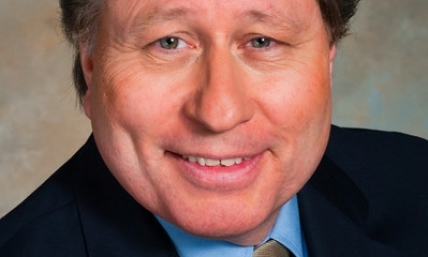
Something significant happened last week when the Supreme Court considered the issue of public prayer: a few of the Justices gave Americans an unusually candid peek behind the judicial curtain, revealing some provocative opinions on the role of faith and the purposes behind the First Amendment's religion clauses.
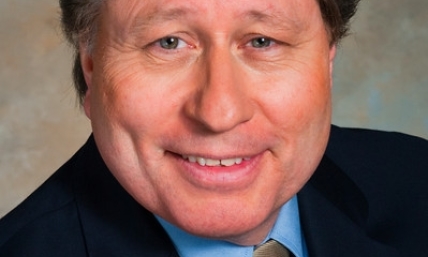
After Muslim Brotherhood-affiliated President Mohamed Morsi was recently removed from power in Egypt, Islamic radicals went to work in that country. First came the red graffiti that was splashed on Christian churches, homes and shops. Then came the attacks.
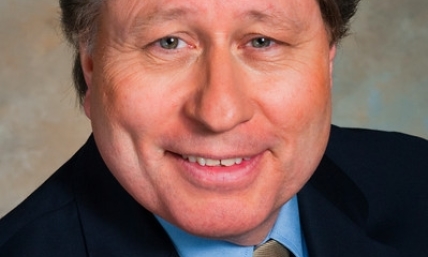
In 1947, the Supreme Court changed the American landscape with a single phrase – "wall of separation between Church and State." Those words were borrowed from a letter from Thomas Jefferson to a Baptist association, and then in the years that followed, it was misapplied by the Court, erecting a kind of Berlin Wall of hostility against various public exercises of faith.
